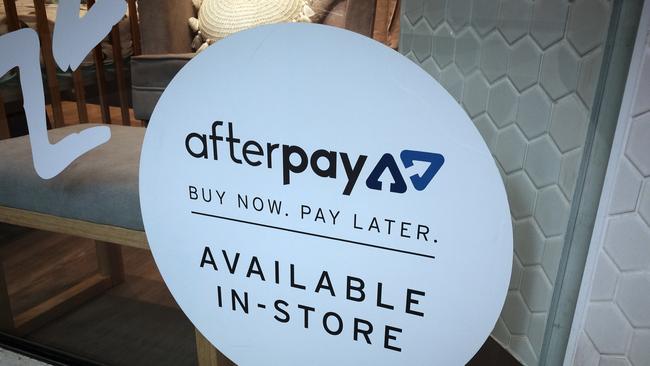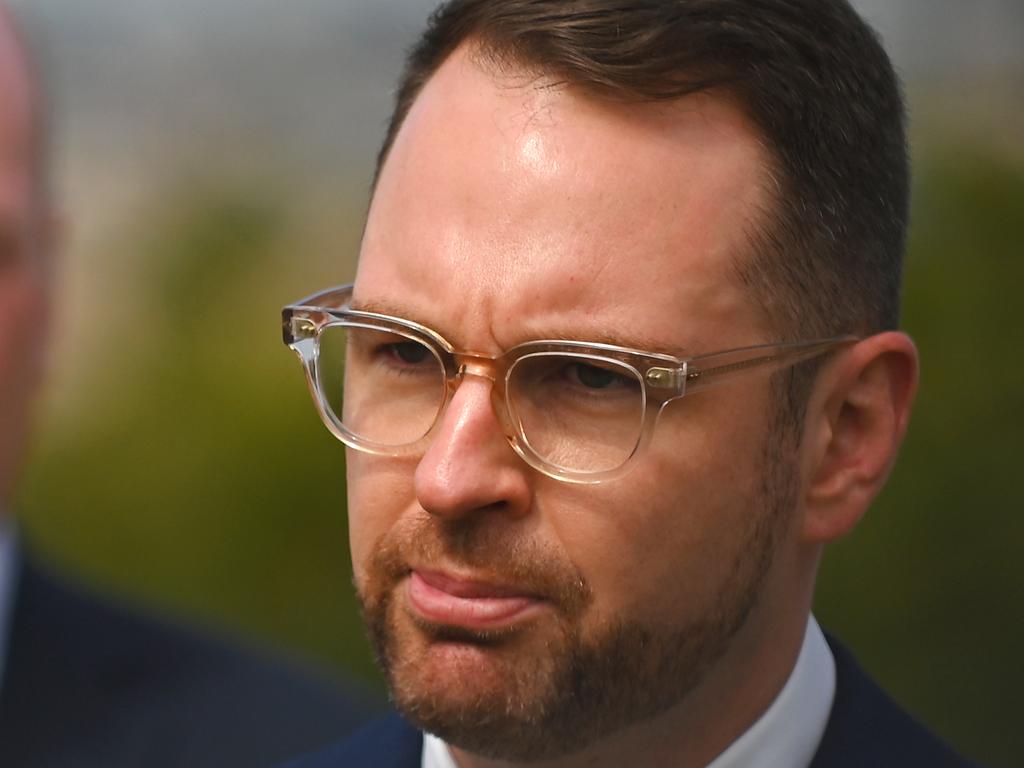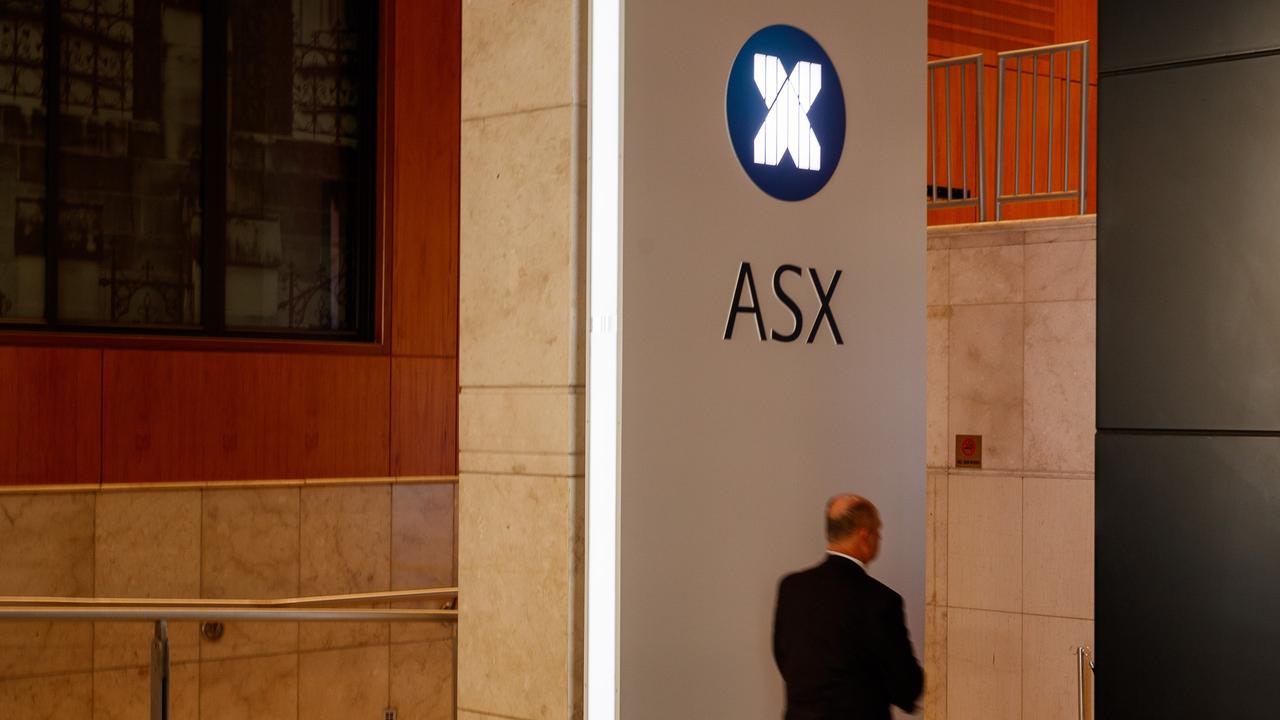Afterpay, Zip Co to keep ‘no surcharge’ rule for now: Reserve Bank
The Reserve Bank says the ‘no-surcharge rule’ underpinning the business models of buy now, pay later providers is safe for now.

Reserve Bank governor Philip Lowe has given a boost to the burgeoning buy now, pay later sector, saying the “no-surcharge rules” underpinning the business models of BNPL operators are safe for now.
While in line with market thinking on the subject, the latest regulatory guidance from the RBA indicates regulators want to give the sector room to grow and would prefer to use voluntary arrangements with BNPL providers if needed in regard to surcharges.
In a speech to the Australian Payments Network on Monday, Dr Lowe said the preliminary view of a “Review of Retail Payments Regulation” by the Payments System Board was that the BNPL operators in Australia had not yet reached the point where it was clear that the costs arising from the no-surcharge rule outweighed the potential benefits in terms of innovation.
“So consistent with its philosophy of only regulating when it is clear that doing so is in the public interest, the board is unlikely to conclude that the BNPL operators should be required to remove their no-surcharge rules right now,” Dr Lowe told the forum.
He noted that the board’s longstanding view was that the right of merchants to apply a surcharge promotes payments system competition and keeps downward pressure on payments costs for businesses.
“This is especially so when merchants consider that it is near essential to take a particular payment method for them to be competitive,” Dr Lowe said.
“The board also recognises that it is possible that no-surcharge rules can play a role in the development of new payment methods.
“While new payment methods can be developed without them, these rules can, under some circumstances, make it easier to build up a network and thereby promote innovation and entry.”
Dr Lowe said that “even the largest BNPL providers still account for a small proportion of total consumer payments in Australia, notwithstanding their rapid growth”.
Listed BNPL providers’ shares were mixed following the speech, with Afterpay shares closing up 2.2 per cent at $96.60, but Zip Co declining 1.07 per cent to $5.53, and Sezzle retreating 3.3 per cent to $5.80.
“It’s encouraging to see such clear recognition of the benefits that innovation and greater competition deliver for businesses and for customers,” Afterpay co-CEO Anthony Eisen said of Dr Lowe’s comments.
“New models and platforms, based on mutually-beneficial outcomes, have a central role to play in the evolution of Australia‘s retail and payments sector.”
“At the core of our business is the Afterpay platform, which delivers millions of referrals to our merchant partners every month.”
Zip Co-founder and chief operations officer, Peter Gray, said the BNPL sector was innovating and “doing things differently”.
“We agree with the RBA governor that it’s important not to stifle innovation in a young sector with lots of providers competing hard to provide customers and merchants a better deal.
“BNPL is not like scheme cards – there is no interest and we provide merchants lots of added services, such as marketing and customer referrals, customer insights and fraud and chargeback protection. We innovate and do things differently,” Mr Gray said.
Meanwhile Dr Lowe said the 15 cent cap on what banks can charge merchants on customer card transactions is too high and needs to come down.
Banks are making as much as 3 per cent when a customer makes a $5 purchase, Dr Lowe said. This was “far higher than would apply to that transaction if a credit card had been used,” he added.
The RBA boss also raised a range of issues associated with big technology firms’ “digital wallets”, including that Apple Pay, unlike Google, does not allow third-party apps to use its near-field communication technology on its devices. Dr Lowe also noted that Google harvested users’ transaction data, whereas Apple did not.
“Many argue that this restriction limits the ability of other wallet providers to compete on these devices and that this could increase costs,” Dr Lowe said.
Dr Lowe presented the RBA’s Payments System Board’s preliminary views from its Review of Retail Payments Regulation and said “over the coming months, bank staff will be seeking further information from the industry on this issue as the board considers a lower cap”.



